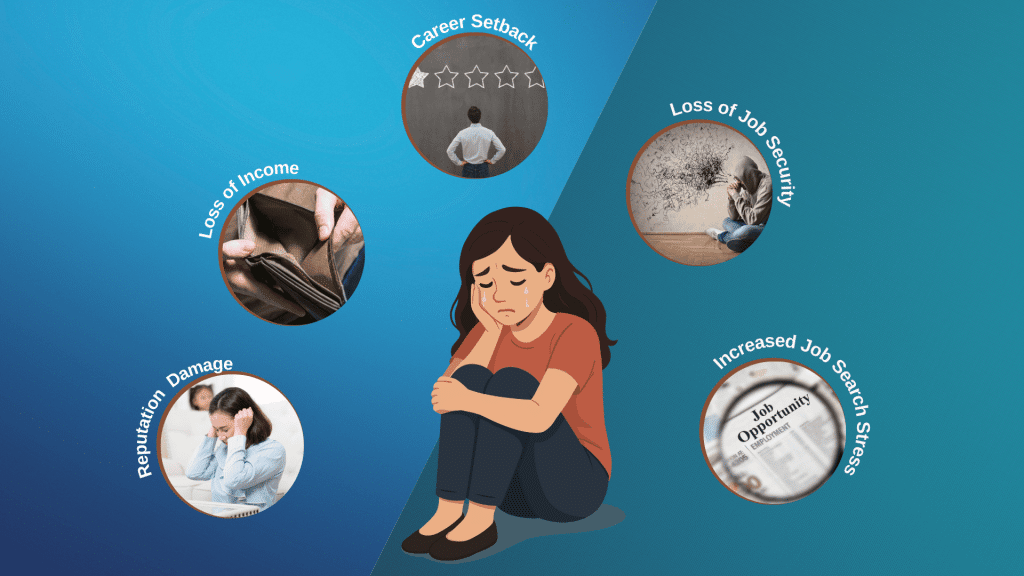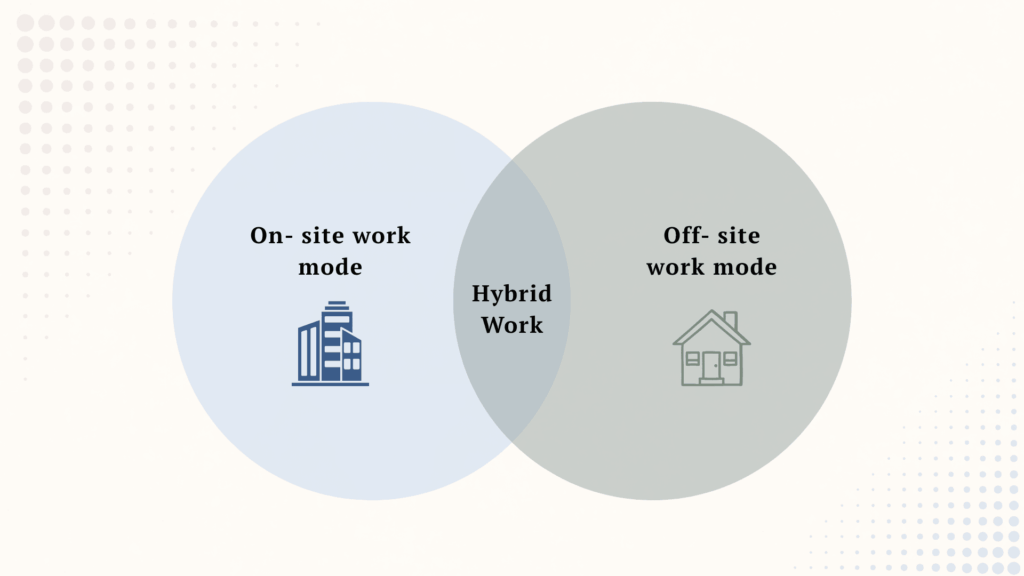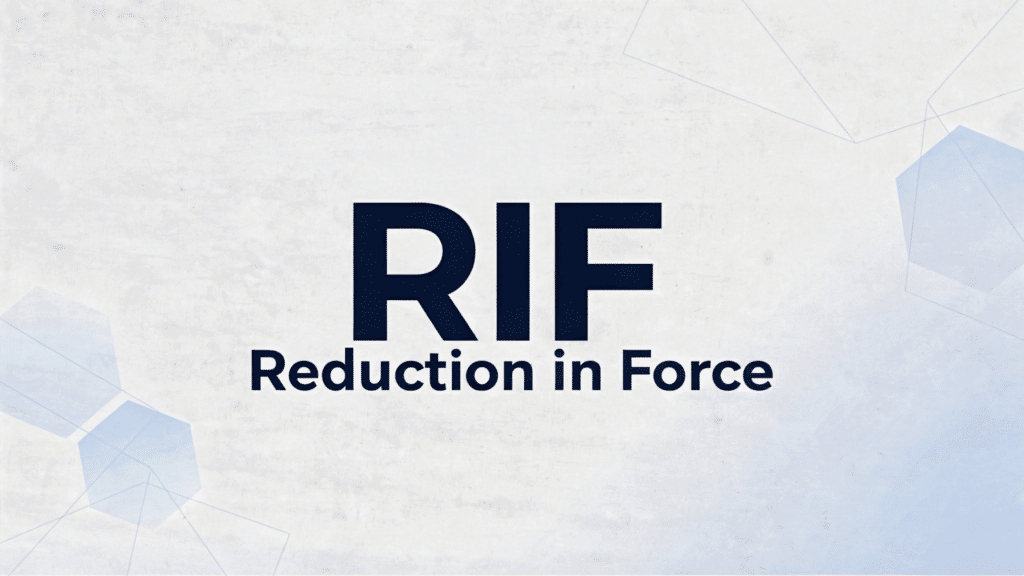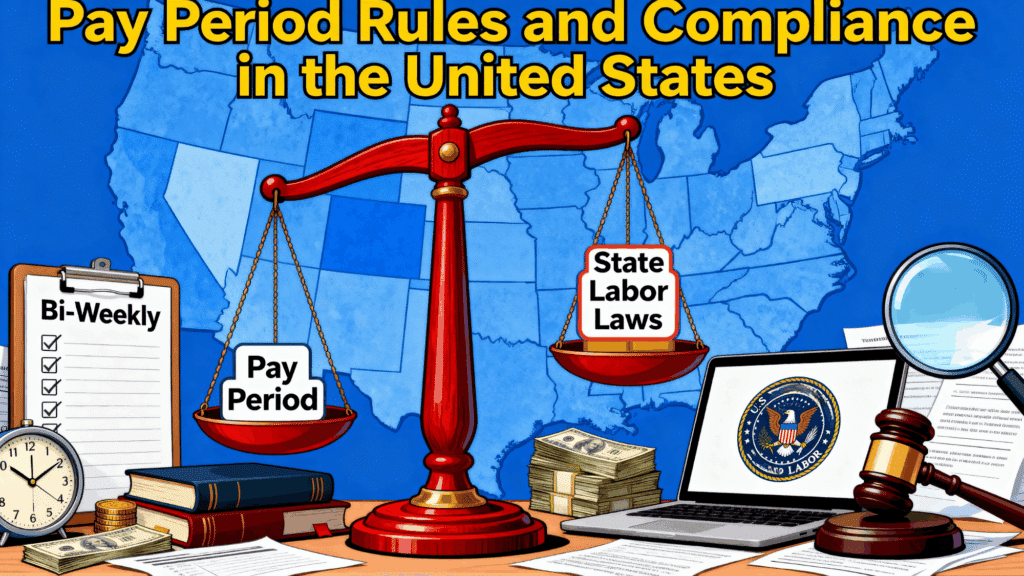When your employer ends your employment, the specific words they use matter far more than you might expect.
Understanding the difference between laid off vs terminated can dramatically impact your unemployment benefits, severance package, and future career prospects.
These terms aren’t interchangeable as each affects your benefits, rights, and future job prospects differently.
I’ll break down the crucial distinctions, helping you understand your legal protections, maximize your benefits, and handle each scenario with confidence.
What Does Being Laid Off Actually Mean?
Being laid off refers to an involuntary separation from employment due to business-related reasons rather than individual performance issues.
Common scenarios include company downsizing, restructuring initiatives, budget cuts, or broader economic challenges affecting the organization.
Key characteristics of layoffs include:
- Business necessity: The position itself is eliminated or reduced due to organizational needs
- Multiple employees affected: Layoffs often impact several workers simultaneously
- No fault assigned: The separation typically doesn’t reflect poorly on the individual employee’s performance
- Potential benefits: Many layoffs come with advance notice, severance packages, and continued unemployment benefit eligibility
The Layoffs Statistics
According to the U.S. Bureau of Labor Statistics, approximately 1.8 million employees experienced layoffs and discharges in June 2025, representing 1.0% of the total workforce.
This data shows that layoffs remain a consistent part of the employment landscape.
Companies may implement layoffs during economic downturns, when closing departments, relocating operations, or after mergers and acquisitions.
The key distinction is that layoffs stem from business decisions rather than employee-specific issues.
What Does Being Terminated Actually Mean?
Termination is simply any situation where your employer decides to end your job.
This umbrella term includes two distinct subcategories that carry very different implications.
1. Terminated with Cause
This occurs when employers end the relationship due to employee performance or conduct issues.
This includes:
- Performance deficiencies or failure to meet job requirements
- Misconduct
- Policy violations
- Behavioral issues
- Attendance problems or violation of company rules
- Breach of contract or ethical violations
Termination with cause frequently damages professional reputation and may affect career opportunities.
2. Terminated without Cause
It means the employer decides to end the employment relationship for reasons unrelated to the employee’s performance or conduct.
This might include:
- Strategic business decisions
- Personality conflicts with management
- Organizational changes that don’t constitute traditional layoffs
Termination without cause typically has minimal negative connotations compared to cause-based separations.
How Does this Job Affect Your Job Search?
Job separations, whether termination or layoff, impact your job search differently. Knowing how to address each can help you stay on track.
Being Terminated
- Employers may view termination as a red flag, but it doesn’t have to define your career.
- Keep your explanation brief, professional, and focused on lessons learned.
- Highlight your strengths and achievements to shift attention to your value.
- Prepare a confident, clear response for interviews.
With the right approach, termination becomes a stepping stone, not a roadblock.
Being Laid Off
- Layoffs are typically company-driven, not performance-based.
- Hiring managers often see layoffs as neutral and understandable.
- Mention if the layoff was part of a larger downsizing to reduce any concerns.
- Use it as an opportunity to pivot, network, and highlight adaptability.
Layoffs often position candidates as immediately available and motivated to contribute.
What to Do If You’re Laid Off or Terminated?

If you’ve been laid off or terminated, your immediate response can significantly impact your financial security and future career opportunities.
Here are some critical actions you need to take:
- Get written documentation: Request official separation reason and classification from HR
- Know your rights: Review severance, notice periods, and unemployment benefits eligibility
- Save all records: Keep contracts, performance reviews, and separation communications
- Practice your explanation: Prepare clear, professional responses for interviews
Laid Off vs Resigned vs Terminated vs Fired
Each employment separation type affects your unemployment benefits, professional reputation, and future opportunities differently.
Here’s a quick comparative chart:
| Term | Who Initiates It | Common Reason | Impact on Future Jobs |
|---|---|---|---|
| Laid Off | Employer | Business/financial needs | Often viewed neutrally; not employee’s fault. |
| Resigned | Employee | Better opportunity, personal reasons, dissatisfaction | Generally positive if done professionally. |
| Terminated | Employer | Could be performance, behavior, or restructuring | Neutral to negative depending on reason. |
| Fired | Employer | Rule violations, poor performance, misconduct | Typically negative; may require explanation in future interviews. |
What to Say in Future Interviews?
One of the biggest concerns after losing your job is facing that inevitable interview question: “Why did you leave your last position?”
Remember, the way you frame your situation depends entirely on whether you were laid off or terminated, as each requires a different strategy to present yourself in the best light:
- Layoffs: Focus on business reasons and company-wide changes
- Termination without cause: Emphasize organizational factors, not performance
- Termination with cause: Highlight lessons learned and growth
Conclusion
The distinction between laid off vs terminated significantly impacts your career and financial future.
Each type of separation affects your unemployment benefits, severance eligibility, and job search approach differently.
When facing layoff or termination, securing written documentation, knowing your rights, and preparing professional interview responses become essential steps.
With proper preparation and clear knowledge of your situation, this career change can lead to better roles and higher compensation in your next position.
Have you experienced a layoff or termination?
Share your story and tips in the comments below to help others facing similar situations!
Frequently Asked Questions
Does Termination Mean you Were Fired?
Not always. Termination includes both voluntary resignations and involuntary separations like layoffs, firings, and retirements.
Can Employers See if you Got Terminated?
Yes, through background checks, employment verification, and reference calls. However, many only confirm dates and job titles.
Is It Better to Resign or Be Terminated?
Resigning typically looks better to future employers and preserves professional relationships, but you may lose unemployment benefits.










